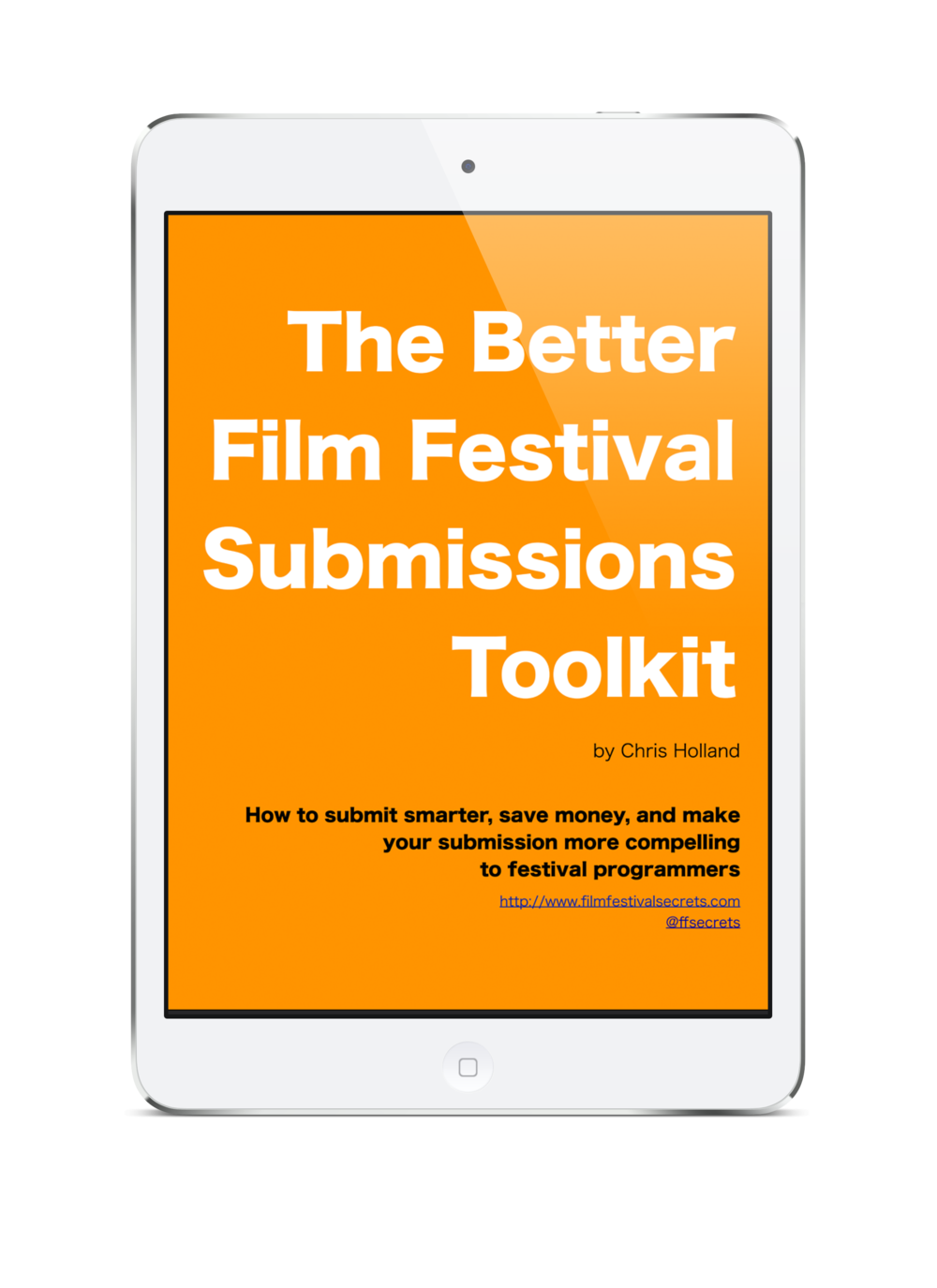First, a bit of legalese to make things perfectly clear: I am not a lawyer, and the below does not constitute legal advice. This is simply a layman’s explanation of indie film music rights as I understand them. You should always make sure you understand the copyright implications of using someone else’s music and consult legal professionals where appropriate to make sure you are protected!
What You Should Know About the Music in Your Indie Film
Prefer listening to reading? You can hear the audio podcast version of this article in the player above.
Author's note: You can learn more about music rights in independent film (in particular how closely festivals pay attention to such things) in the first chapter of Film Festival Secrets: A Handbook for Independent Filmmakers.
When licensing music for their projects, sometimes filmmakers will ask whether it's advisable to purchase only the "festival rights." Sometimes it's possible to save money on music licensing by obtaining permission to use a song in a film limited to play at festivals.
The thinking here is that you can go back and acquire additional rights for public exhibition (on home video and theatrically) when you have a distributor lined up. Why pay for those rights before you know you have to, right?
All too often, however, this is a trap. When you come back to the music's rights holder, you may find that the price for those expanded rights has increased to something significantly higher than it would have been had you acquired them at the outset.
| Want to send this article to a friend? Get a PDF copy for easy sharing. |
The publisher knows that the only reason you would come back for those rights is because someone is interested in buying the film and you have to have those rights or go through the painful process of replacing the song. This gives them leverage over you to charge more.
(And contrary to what some filmmakers think, most distributors won’t pay for those rights as part of your deal with them.)
For this reason, obviously, I recommend getting rights to the music in your film that are as long-term and all-inclusive as you can afford from the beginning. That way the rights holder will be motivated to sell them at a better price.
Even if your film simply ends up on YouTube, purchasing “universal” rights means you won’t have to worry about legal issues that will keep you from sharing your film with the world.
There are a number of confusing terms around the different kinds of rights you can obtain (sync rights, master use rights, mechanical rights, and more) and I don't pretend to understand all the subtleties. So unless you're composing all the music yourself, it's probably worth consulting with an attorney or music supervisor who has experience in entertainment and/or intellectual property to make sure you're making the best decisions.
Do you have a story about music rights in film you'd like to share with other readers? Leave it in the comments below.



